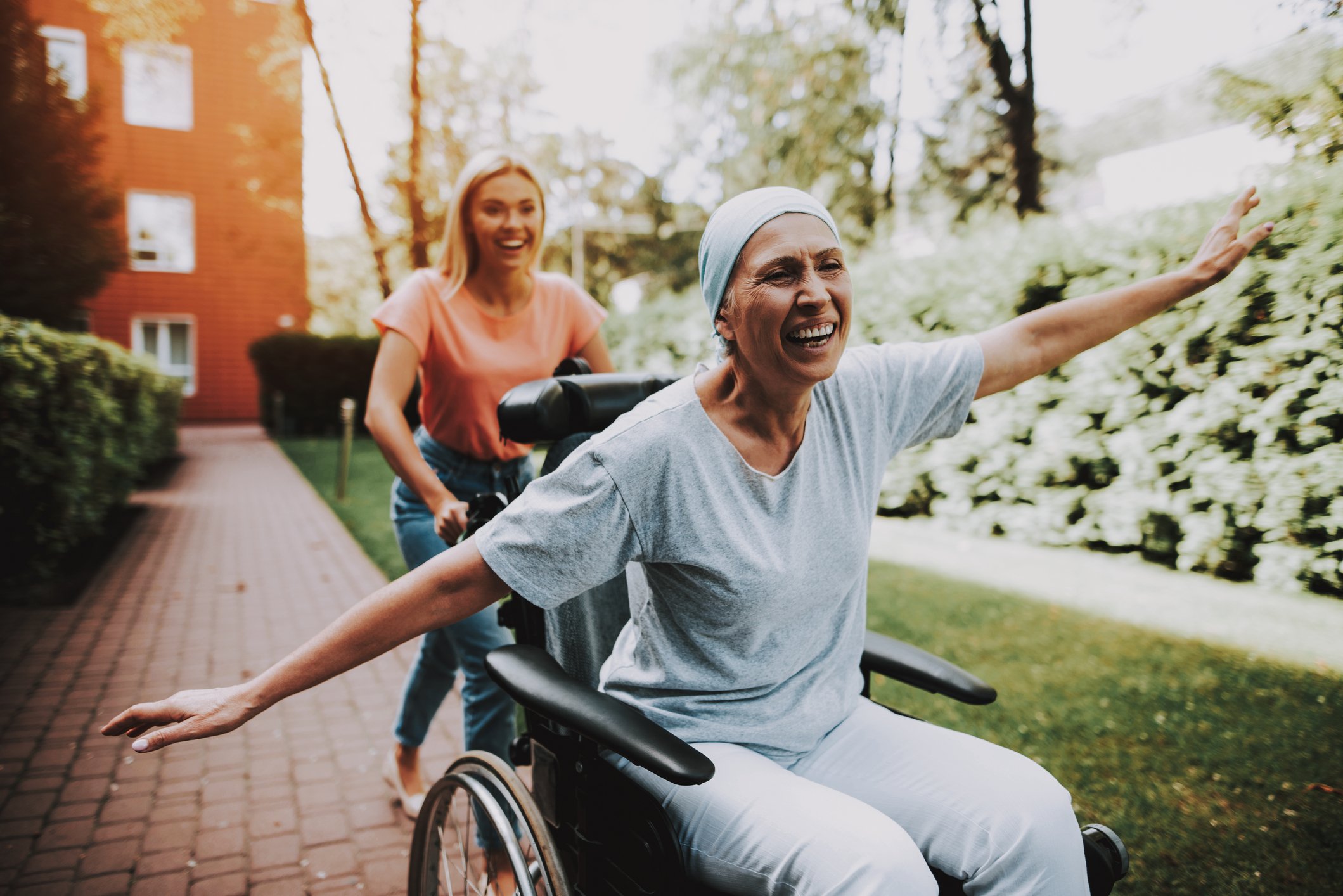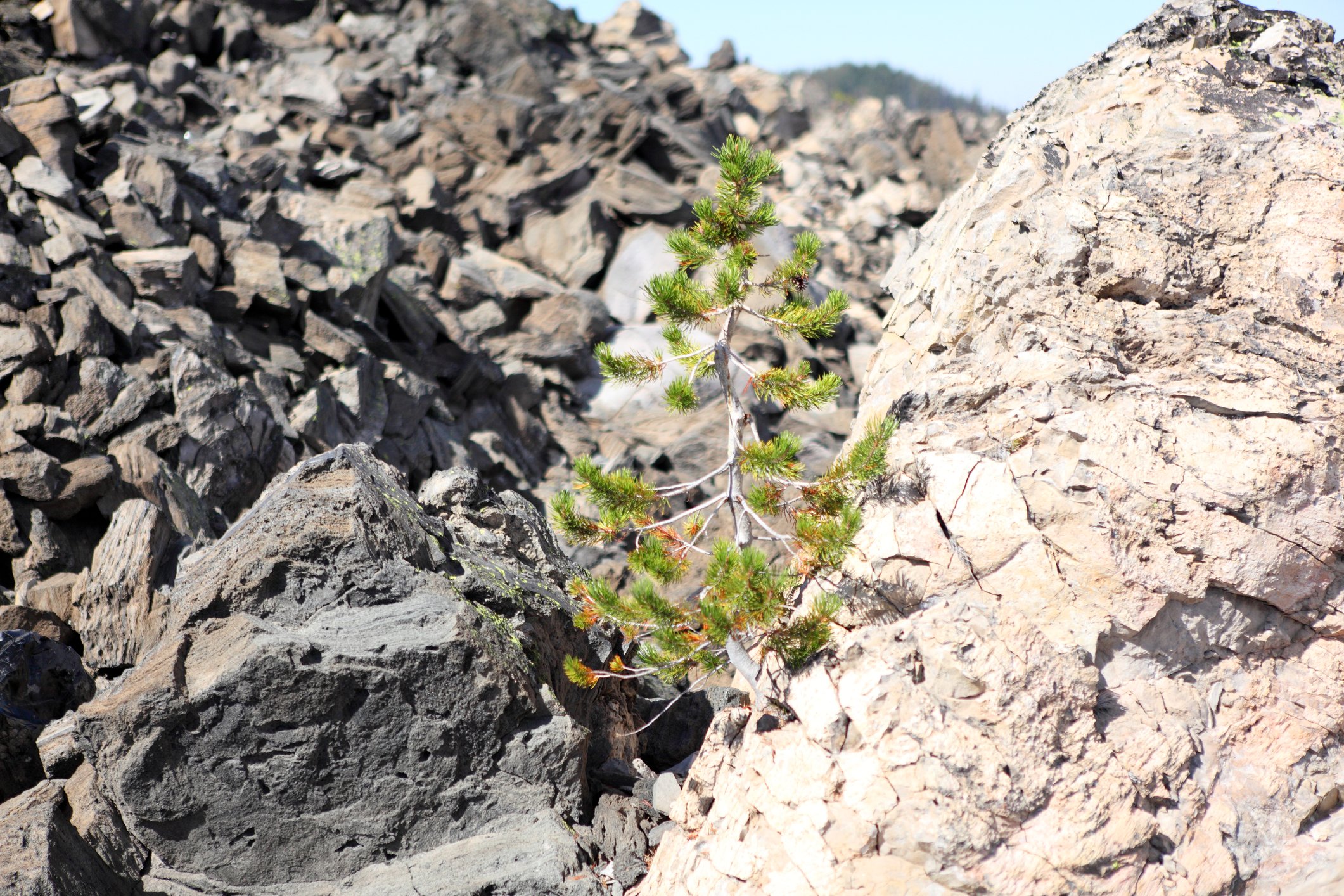Buffalo seasons Awareness in life

Grief’s Five: The Essential Pillars of Healing.
Grief is a deeply personal and often overwhelming journey. It can consume your energy, alter your perception of the world, and make even the most basic self-care practices feel like monumental tasks. While there is no roadmap to healing, there are five foundational elements—what I call Grief’s Five—that can help support you during this difficult time: sleep, nutrition, hydration, exercise, and socialization. These pillars serve as gentle guides to sustaining your well-being while navigating loss.

Being Cancer Aware, Every Day
October is Breast Cancer Awareness Month, a time dedicated to raising awareness, supporting those affected, and encouraging action toward early detection and prevention. While Breast Cancer Awareness Month aims to promote education and support, it can be emotionally triggering for some patients. Media attention, pink ribbons, and public discussions may evoke feelings of anxiety, fear, or even survivor’s guilt. Those in remission might feel the return of emotions they had worked hard to manage, such as the trauma of treatment or the uncertainty of their health’s future. Additionally, for those who have lost loved ones to breast cancer, the month may bring back painful memories, exacerbating grief and feelings of helplessness. In the spirit of awareness, this blog post honors anyone who has been touched by breast cancer, their struggles, their resilience, and their spirit. It also honors anyone who has been touched by any type of cancer, their struggles, their resilience, and their spirit.
To be all-inclusive, I suggest that as a society we adopt Being Cancer Aware, Every Day in an effort to support everyone impacted by cancer.

Surviving Hurricane Helene: Self-Care Tips & Volunteer Efforts
In the aftermath of Hurricane Helene, communities in Western North Carolina are in need of assistance. During natural disasters, self-care is crucial for maintaining mental, emotional, and physical well-being. The chaos and uncertainty of such events can cause high levels of stress and anxiety, making it easy to neglect basic needs like sleep, nutrition, and emotional balance. Practicing self-care ensures that individuals stay resilient and able to cope with the demands of the situation. This may involve setting aside moments for relaxation, eating regularly, staying hydrated, and reaching out to loved ones for emotional support. Prioritizing self-care not only helps in managing immediate stress but also strengthens long-term recovery, enabling people to better support themselves and others during these difficult times.
This blog post provides tips on reducing stress due to a natural disaster and provides real-time volunteer opportunities for those wanting to help Western North Carolinians.

Resilience …That Which Does Not Kill Us
Nietzsche spoke to me on that lava field as if he were my Zarathustra: “That which does not kill us makes us stronger.” Indeed, I thought. Indeed. Decades later, I still rely on Western and Eastern philosophical writings to guide me in life and in my work with clients. Translating Nietzsche’s existential inquiry into therapeutic parlance leads me to a psychological concept gobbled up by 21st Century pop culture: Resilience.
What Nietzsche noted in the late 1800s is today described as one’s ability to rebound from life challenges through flexibility and adaptability. One’s resilience is supported by five pillars: self-awareness, engagement in self-care, the practice of mindfulness, supportive relationships, and living a life with purpose and meaning. During stressful times, any or all of these pillars may weaken, become unstable, or crumble. As one sustains the impacts of adversity, each can help buoy one through the storm.

